Description
once minutos book
The Mourning of the Pen in the Separation of Literature Analysis and Criticism of the book Once Minotus by Paulo Coilo Paolo Coelho, a Brazilian spiritualist who is considered to be the promoter of spirituality in the world today, in a different writing from his other works, linked his writing art to a subject Has degenerated.
In his other books, Coelho tries to solve the riddle of “purposefulness” and tries to bring vitality and vitality to human life by presenting ideas and proposing spiritual concepts. In this book, he has chosen the subject of sex and It tells the story of the life of a prostitute and a prostitute named “Maria”.
Maria, like the other heroes of Coelho’s books, is a wandering and carefree person, and she goes on an adventure in search of a good life and gaining the necessary experiences.
He is looking for something that will give meaning to his life. The girl sometimes thinks of becoming an international star, sometimes of wealth, sometimes of her ideal husband, sometimes of a different sexual experience, and sometimes of her struggle for survival (p. 63), and sometimes her desire is to “search for herself” ( (P. 123) Finally, he sees his need to fall in love and love is enough (ibid. P. 250)
Coelho, as usual, denies the plan and purpose of governing human life, and says in the words of a priest, “We do not know what God expects of us, nor did our ancestors.” (Ibid. P. 274)
In the once minutos, some basic axes have been considered and used by the author.
A) Love
In this book, the author tries to tie free sex with love and create an inseparable connection between the two.
The subject of love is so colorful in this book that it seems that Maria is ready to endure all the hardships and even the misconceptions and sarcasm of those around her in order to achieve love and remain in love, so that this subject becomes the biggest subject of life. Maria becomes (ibid. 151) to the point where she is basically alive for love. (Ibid., P. 25)
Coelho often speaks of the desirability of love and the need of people for love. (The same 8/13/14/17/31/148/253/123/203 and …) Sometimes he mentions love as a dangerous and destructive feeling. (Ibid. 15/21/26/157)
One of Maria’s clients, a boy named Ralph, enters Maria’s life as a reviver of Maria’s love. Despite her strong attachment to Ralph, Maria loves originality and importance, not Ralph.
The idea is strengthened for Maria that what matters is the existence of love, not the beloved, and that remaining in love is more important than the presence or absence of the beloved.
Basically, it does not matter to Maria whether she sees Ralph or not, but what is decisive is to stay in love. (Ibid. Pp. 177/203/298/296)
In this book, love is described as the justifier of life. It should be added that this concept does not have a clear definition from Coelho’s point of view, and it can only be said that “it is a feeling”.

once minutos
B) aimlessness and confusion
Coelho repeatedly speaks of the uncertainty, doubt, and bewilderment of the characters in the story.
In Coelho’s explanation, life is devoid of the element of “purpose” and there is no logic or purpose for living in the image, so it is necessary to change the view of human beings in order for life to have meaning.
The girl chooses Russianness out of bewilderment and aimlessness, and she often doubts her decision and reconsiders its logic. Finally, what motivates the girl is money, gaining experience and adventure. Is.
Various words in the book reflect the uncertainty of the characters in the story, and many phrases and lines have been used to explain this confusion. This uncertainty has been discussed more than 30 times in the book. Examples of this issue in pages 87/89/93/94/98/101105/111/115/118/128/135/136/141/142/144/146/148/149/155/153 / 158 … reflected)
All that the author has done in promoting obscenity and absurdity all goes back to the vacuum of the “logic of living”, that is, if it were not for the “reasonable end” vacuum, there would be no need for Coelho to write about non-ambiguity.
Coelho’s explanations about obscenity are generally accompanied by approval and even propaganda (pp. 31/39/66/67/92/93/100) that in the promotion of alcohol and alcoholic beverages and music and dance and singing and smoke and cigarettes and The competition of girls to attract customers in this book has overshadowed the atmosphere of the book and has turned this work into a pub advertisement and a description of the tenth temple.
C) Sex and free sexual relations
In his book, To Lose His Reputation and Justify His Writing Work, Coelho does not see prostitution as a threat to family stability, and speaks of prostitutes trying to keep their clients’ lives stable. (Ibid. P. 210)
On the other hand, the freedom that comes with choosing a sexual relationship is considered desirable by the author. (Ibid., Pp. 81 and 105)
Because the book is about the story of a prostitute, Coelho has in many cases gone into the details of sexual intercourse and made it his mission to recount the techniques, states, and methods of sexual intercourse.
In one sentence, it can be said that this book is in the description of sex, and this description cannot be separated from the propagation of sex because it is accompanied by unnecessary and boring repetitions.
In a content review, the number of pages that explicitly address this issue rises to 20.
Unfortunately, this work improperly deals with the details of this subject in such a way that it teaches a lot of bad teachings and negative teachings.
These negative teachings range from describing one of Maria’s clients as the purest person in life (ibid., P. 259) to describing the pub as a “dignified place” and “a place where there are people who can To discover the light in the faces of others ”(ibid., Pp. 209 and 251) and to describe prostitution as something that does not harm the strength of the family, and this is not in conflict with the stability of the client’s family (ibid., P. 210) and that sex It is not considered anti-value (ibid. P. 196) and sex is more than a simple meeting (ibid. P. 216) but a factor for forgetting problems and calming the parties. (Ibid. P. 215)
Above all, there is the “promotion of violence” which is introduced to the audience as a soothing and calming way (ibid., P. 221).
While addressing the issue of free sexual intercourse, Coelho reveals a secret that, in his view, brings man closer to the border of “self” and seeks a kind of self-knowledge, which is “suffering and humiliation.”
It seems that sex can lead to this kind of self-knowledge and bring a person to a state where he enjoys while suffering.
In his view, one of the ways of pleasure is to suffer and make others suffer (ibid., P. 229/236/238/235) as if hurting others is one of the principles of human life. (Ibid., P. 226) This self-made suffering brings a kind of enlightenment to human beings and creates a vacuum like paradise for human beings (ibid., Pp. 240/242) in this suffering and humiliation that human beings face. Man goes to another world and gets a religious feeling (ibid. P. 223) and man feels a complete freedom (224 and 228)

The link between spirituality and self-promotion
What leads to a clear deviation and a clear fallacy, resulting in social harm to society and a crooked path for spiritual human beings, is the connection that Coelho has established between spirituality and intolerance.
He speaks of more than 30 instances of the “existence of light” in the face of a prostitute, and considers it sacred to historical prostitution, claiming that spirituality is not in conflict with prostitution, and displays the vulgarity of his alleged spirituality on several pages.
Paolo Coelho, author of The 11 Minutes, along with 24 other books, is the son of an engineer from a middle-class, extremely dry Christian family. Paolo’s family enrolled him in a religious primary school.
Because Paolo had long dreamed of becoming a writer and had artistic inspirations and an introverted personality, his family only admitted him to a hospital three times, forcing him to endure skepticism.
The turning point in his life is when Coelho meets a stranger in a café in Amsterdam who tells him that he must go on a pilgrimage in the traditional Roman Catholic style; A trip to Santiago de Compostea in northern Spain.
As readers of The Alchemist know, the result of this journey, which takes place in 1986, is a spiritual experience and encounter with the manifestation of Christ that ultimately determines his pursuit of his long-held dream of becoming a writer.
once minutos
This short introduction is enough to get all the necessary points about his character and works.
The audience for all of Coelho’s adolescent novels and books is within himself.
In his works, he uses the main human emotions to tell strange stories that have a complex appearance.
But beyond all the unusual stories in his novels, his message is simple: pursue your personal aspirations at all costs, even if the whole world opposes you.
It does not matter if you have read Zuhair’s novel or the fifth mountain, the alchemist, the written, the love letters of a prophet or the eleven minutes, it seems that according to the psychological theories of taste Paolo Coelho in childhood and when trying to pursue Making your own dream and wish has been formed.
In the first place, the main audience of his books is none other than himself. He must pursue his personal aspirations. If the whole world disagrees with him, he must continue.
When Alchemist was first published in Brazil, only 900 copies were sold and never reprinted.
But he did not give up his long-held dream and with all his might and despite all the problems he had in his personal, professional and even political life, he insisted on this desire so much that Alchemist not only became the second best-selling book in the world but also in Brazil.
once minutos and its differences:
once minutos , but it’s very different from all of Paulo Coelho’s previous work. Both in terms of popularity and storytelling theme, the eleven-minute book is one of all Paolo Coelho’s previous works.
A reader who is accustomed to Paolo’s work and style of writing can well recognize that eleven minutes is a different book.
In all of Paolo’s previous works, there is a team of truth-seeking and a kind of Indian mysticism.
He is one of the authors who believes that spirituality should exist in all the lower layers of human life.
In the present book, however, there is no place for spirituality, or even if it is implicitly mentioned, Paolo’s style and context are quite different.
Whether or not sex can provide a platform for mysticism and spirituality is a question that any reader can answer at the end of the book.
1- Introducing the book once minutos on YouTube
2- Introducing the book once minutos in Aparat

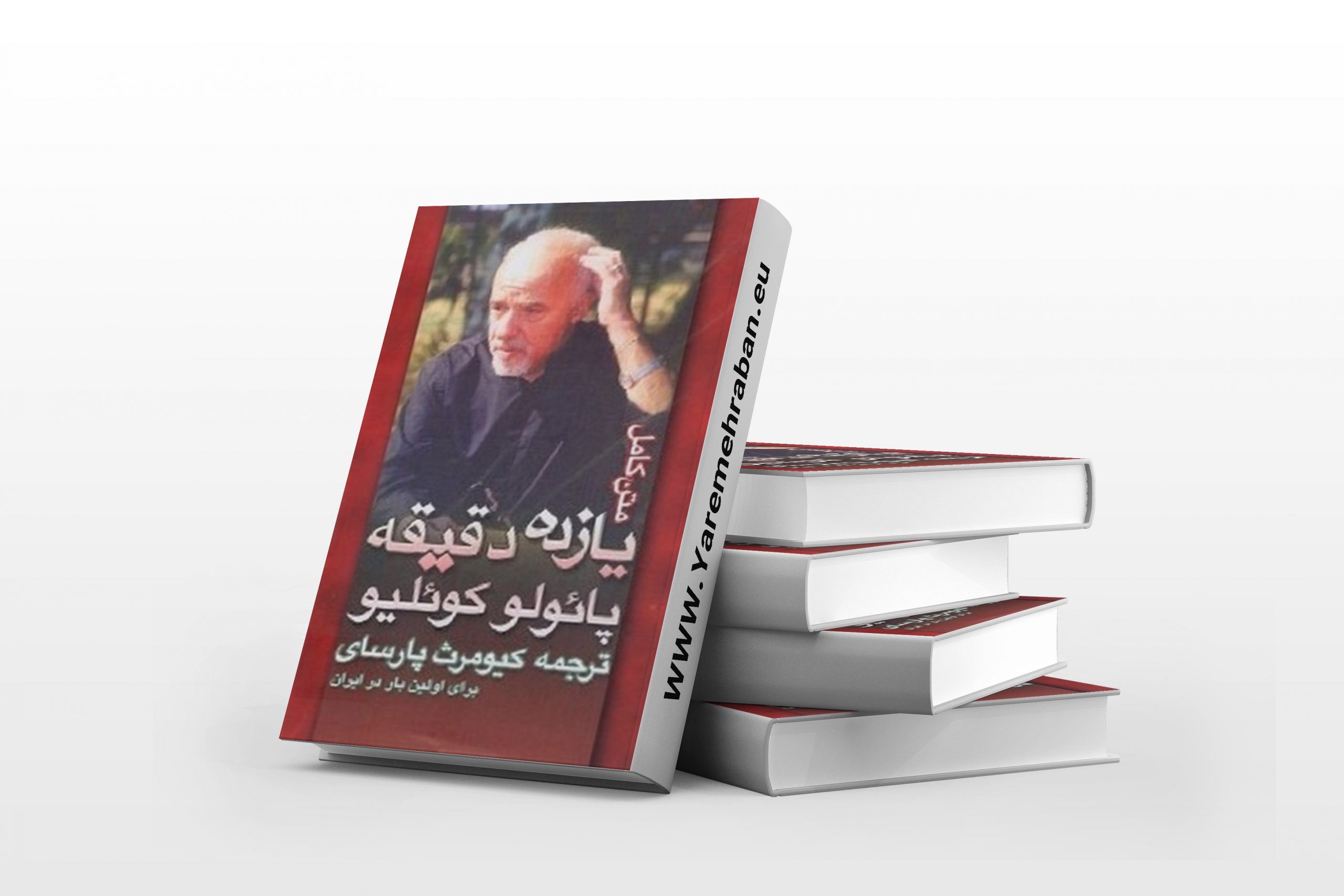
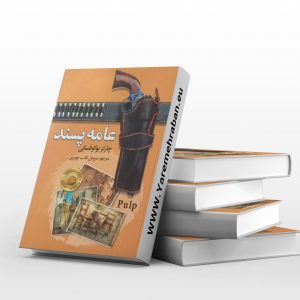
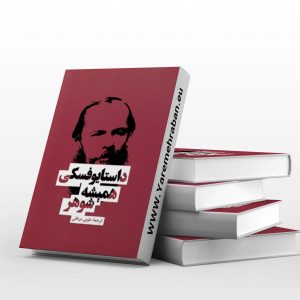

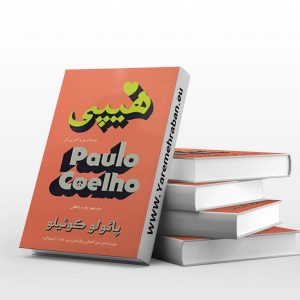


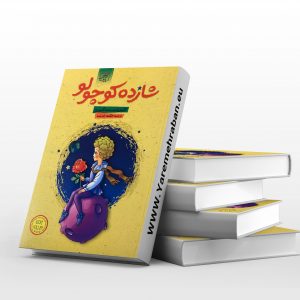
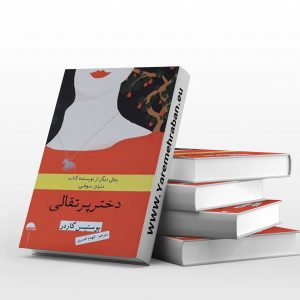
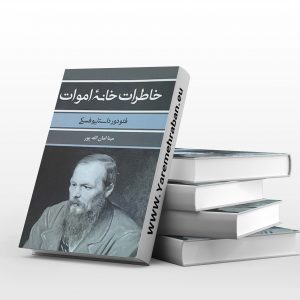
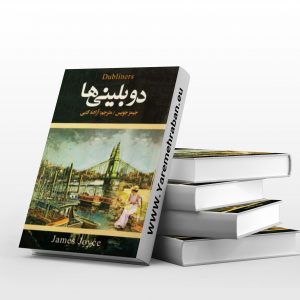
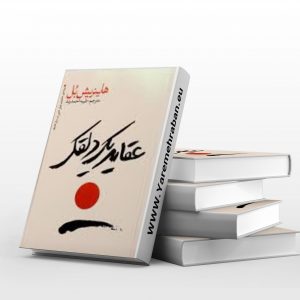
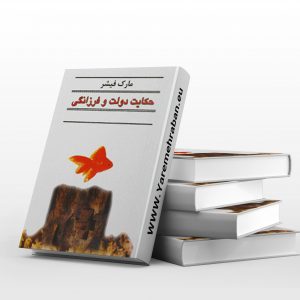
Reviews
There are no reviews yet.